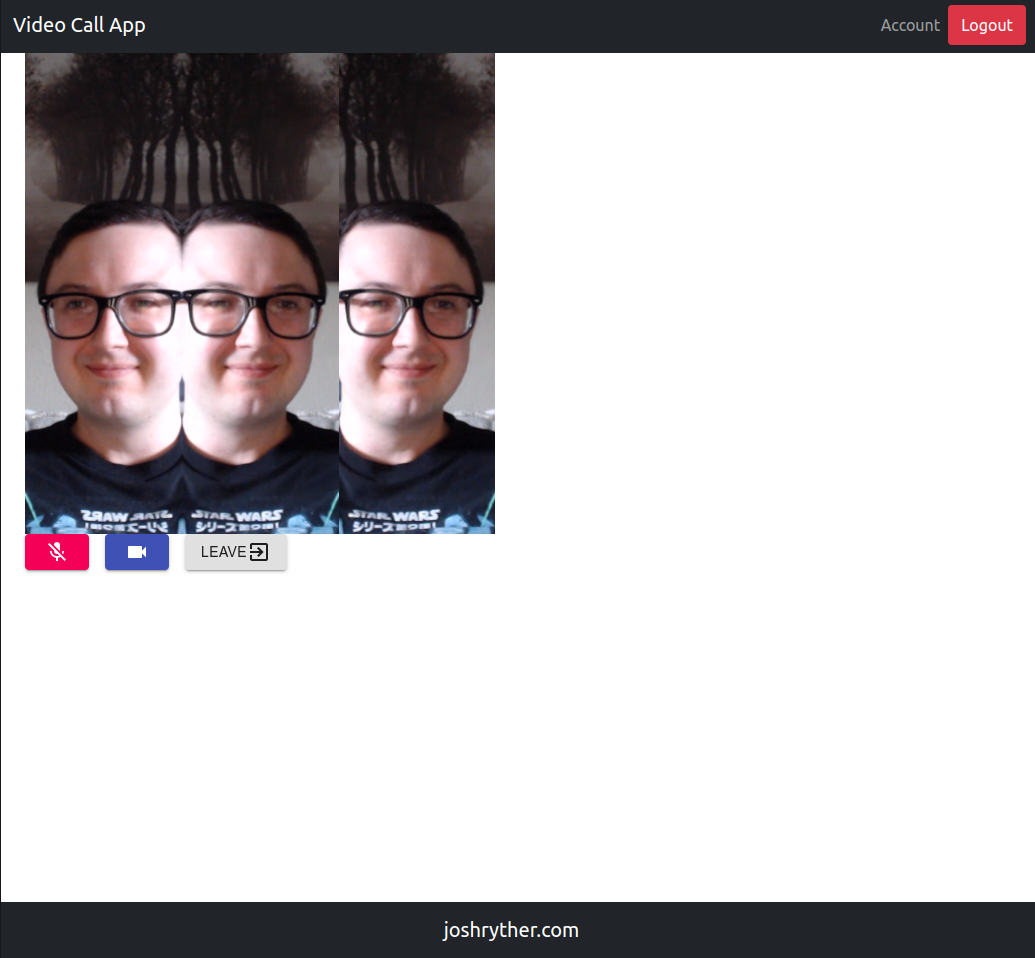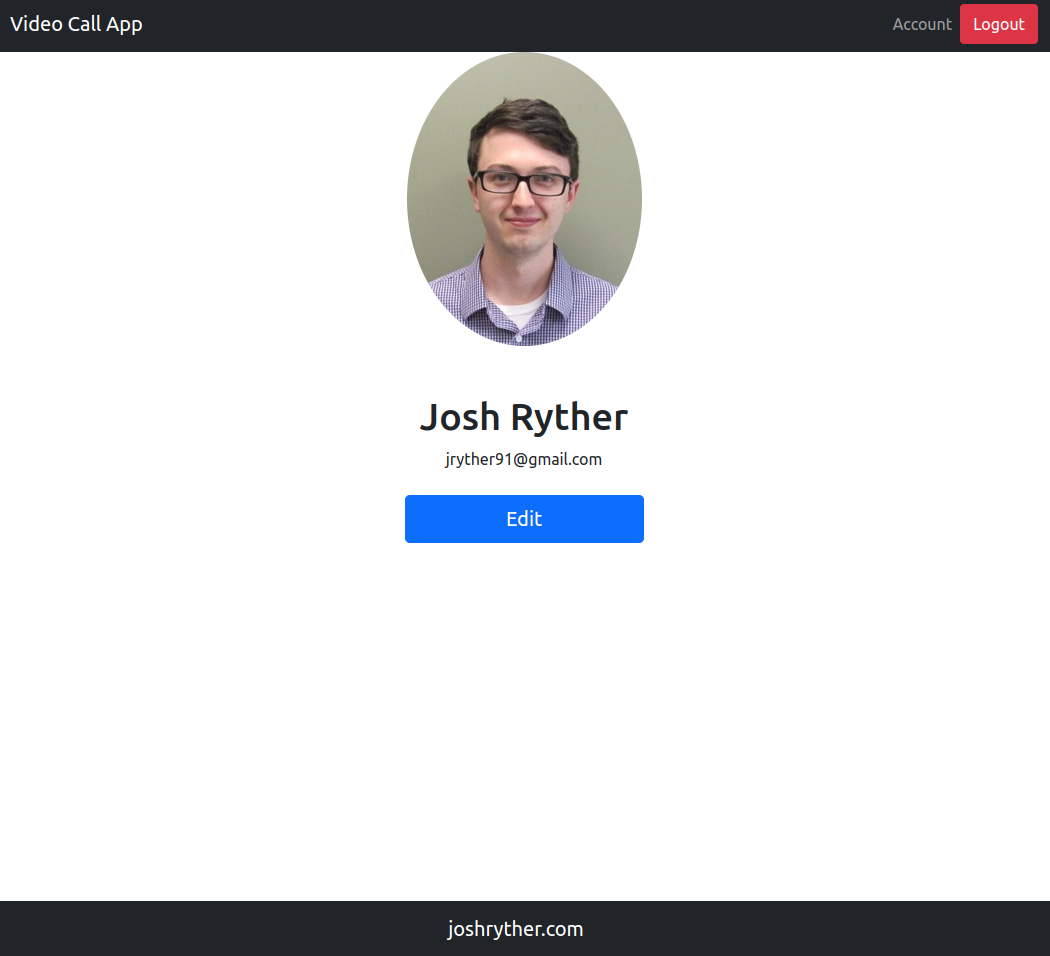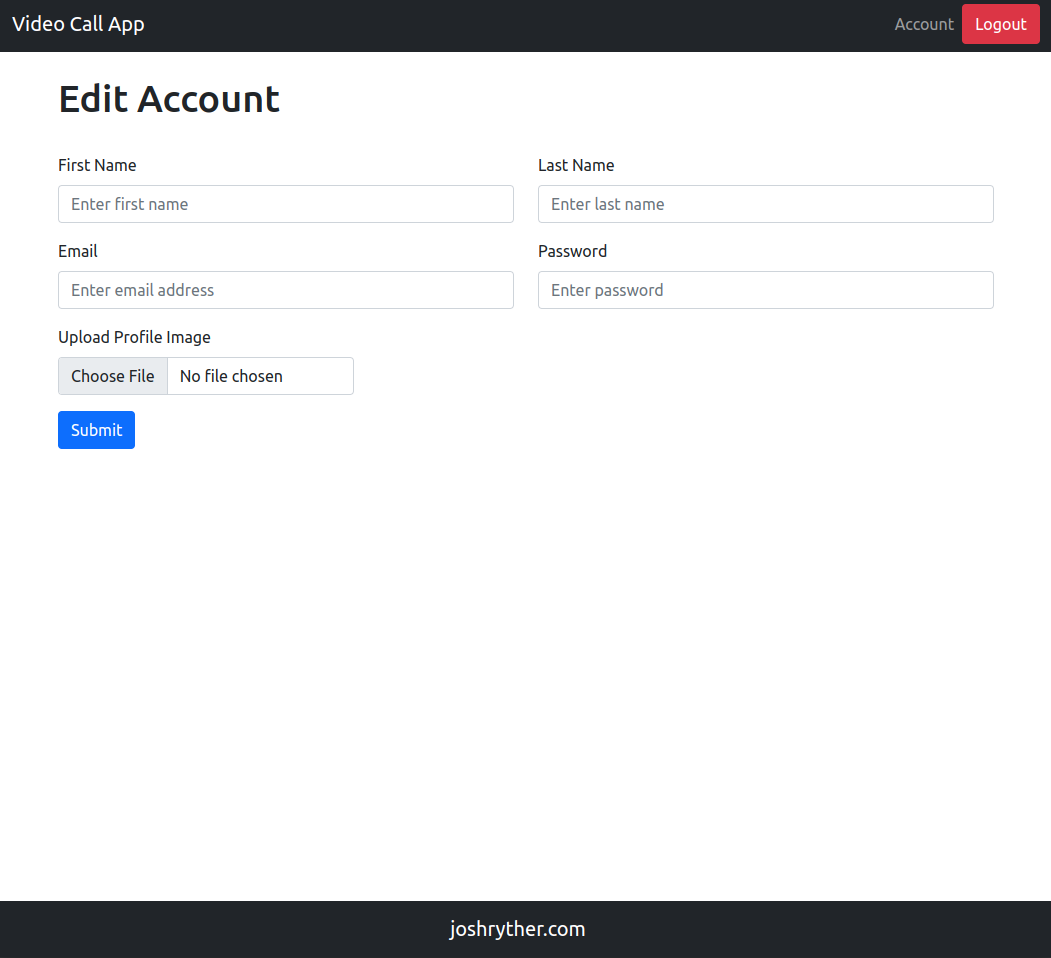Freelance Software Engineer 2022-Current
-Website deployment
-Web Scraping
-Server Creation/Management
-Online Community Bot Creation
Hi, I'm Josh Ryther. I am a driven Software Engineer who is eager to contribute to the team’s success through hard work, attention to detail, and excellent organizational skills. My experience includes two years of developing in Java, Python, C++, and Javascript while also utilizing MVC and testing frameworks. I am motivated to continue to learn, grown, and excel in the industry.
I have recently graduated with Computer Science degree and a 3.9 GPA. I also have a bachelor’s degree in economics with a minor in business which enhances my ability to work and understand my role in an organization. In school I have tackled many assignments that increased my coding, problem solving, and debugging skills. I have a solid working knowledge of data structures and algorithms. My portfolio on Github includes many projects I have created or contributed to. I have used AWS, SpringBoot, React, Angular and more to develop full-stack web apps, APIs, and back-end programs. I have experience working in both NoSQL and SQL databases. I currently have two blogs on Medium and dev.to where I discuss programming topics and tutorials. Links to my LinkedIn, Github, Medium, and dev.to blogs can be found in the sidebar of my website.
![]()
GPA: 3.9
2020 - 2022
-Website deployment
-Web Scraping
-Server Creation/Management
-Online Community Bot Creation
-Worked with internal and external teams to manage pharmacy operations
-Created and consulted on Team SOPs
-Helped create and implement new software utilized by the department
Tools: Java, Spring Boot, MongoDB, AWS S3 API, Agora API, Docker, Git
Repository: github.com/jryther/ChatApp-Backend
This project was the creation of a backend server that supports a video call application. The system runs using the Spring Boot web framework and is coded in Java. Access to the server is secured using a JWT token system. Once access is granted the server provides multiple services. User accounts are stored as objects in a MongoDB non-relational database. This includes information such as name, username, password, and profile image retrieval data. Tokens are required in order to use the Agora video call API and are generated by the server. S3 bucket pre-signed URLs are also generated when requested so the frontend can access and upload profile images for the user. Future enhancements that I plan to work on are password encryption, online deployment, and text chat functionality.
Tools: JavaScript, React, Bootstrap, AWS S3 API, Agora API, Docker, Git
Repository: github.com/jryther/ChatApp-Frontend
This project was the creation of a frontend for a video call application. The purpose of the application is to provide video conferencing services similar to Zoom, Google Meet, and Microsoft Teams. It utilizes the Agora API to create a chat room and initialize video feeds for all of the current participants. Features such as disabling the video feed and muting the microphone can be performed while on the call. The application incorporates a user login system that is authenticated via the backend server and provides continuous access with a JWT that is stored in the browser. If the user does not have a profile that can create one. Once logged in users can start a video call or access their profile page. The profile page displays their name and profile image which is obtained from an S3 bucket via a presigned URL provided by the backend server. Users can also edit their information and login credentials from this screen. The entire frontends UI is created using Bootstrap with a few elements taken from Material-UI. Future enhancements will include adding multiple chat room instances, and a real time text chat.





Using machine learning to identify at-risk groups can revolutionize healthcare.

Defense in depth is the design principal of creating multiple layers of security in an application and we will dive into why it is important to implement.

The Digital Millennium Copyright Act (DMCA) was created to protect copyright holders but also unintentionally prevents testing, research, and more.